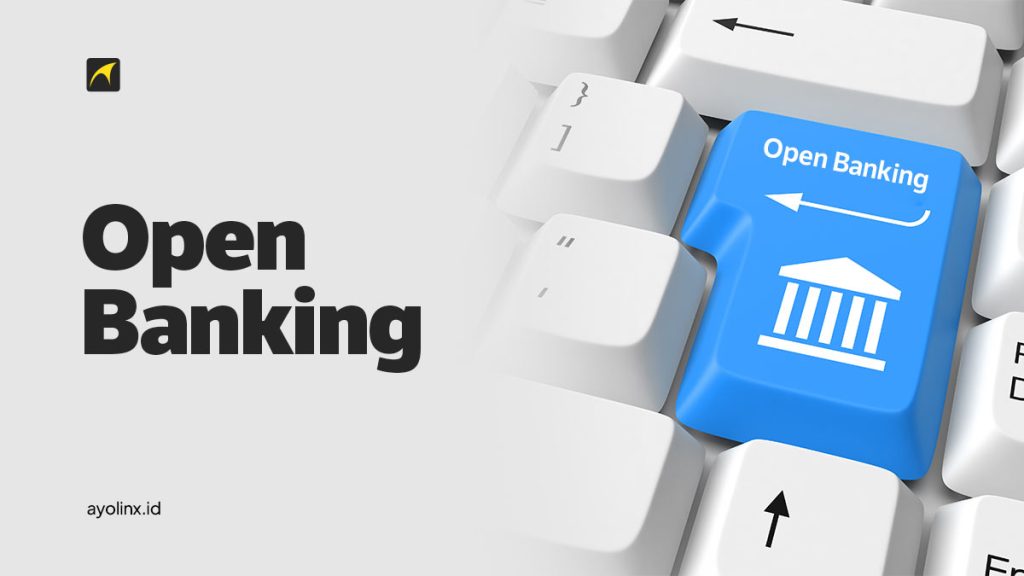What Is Open Banking?
Open banking is a technological innovation in banking that allows customers to securely share their financial data with third parties, such as fintech apps and digital services. With open banking, customers can access a wide range of financial services in a single platform without opening a new account.
In Indonesia, open banking is supported by regulations from the Financial Services Authority (OJK) and Bank Indonesia to foster a more open and innovative digital financial ecosystem.
Benefits of Open Banking for Customers, Banks, and Partners
Benefits for Customers
- Easier, more convenient access to financial services: Manage finances, make payments, and monitor transactions through a single app that integrates data from multiple banks.
- Personalized financial services: Products can be tailored to customers’ needs and lifestyles thanks to richer data analysis.
- Safe and fast transactions: High security standards protect customer data and transactions from leakage risks.
Benefits for Banks
- Higher transaction volumes and new customer acquisition: Banks can offer innovative, attractive products that draw more users.
- Product innovation: Collaboration with fintechs opens opportunities to deliver a broader, more modern range of services.
- Operational efficiency: Digitization reduces manual work and speeds up service delivery.
Benefits for Partners (Fintechs & Digital Services)
- Legal, trustworthy access to financial data: Enables development of data-driven products and real-time services.
- Market analysis and business strategy support: Comprehensive data helps partners understand consumer needs and create innovative solutions.
- Assured data security: Strict security standards increase trust among partners and users.
Examples of Open Banking in Indonesia
Some real examples of open banking in Indonesia include:
- E-commerce & digital payments
Tokopedia and Shopee which integrate payment system from bank accounts without requiring top-ups to a digital wallet.
- Personal finance management apps
Fintech startups provide applications that access account data to help automate budgeting, saving, and investing.
- Digital banks and fintech lending
Banks and fintechs collaborate to offer micro-loans based on real-time transaction data, speeding up applications and increasing transparency.
Risks and Challenges of Open Banking in Indonesia
Despite its many benefits, open banking also carries some risks that need to be considered:
- Data security and privacy
The risk of data breaches is a major concern. Strong safeguards and robust regulation are essential to keep customer data protected.
- Technology dependence
System outages or technical errors can disrupt services and erode customer trust.
- Market adoption and digital literacy
Many people are still unfamiliar with open banking, so education and outreach are vital to ensure its benefits are widely felt.
Also Read: 6 Benefits of Open API to Support Your Digital Business
Conclusion
Open banking presents major opportunities to transform financial services in Indonesia. With clear benefits for customers, banks, and fintech partners—and challenges that must be addressed—open banking is expected to keep advancing alongside technological progress and supportive regulation.




